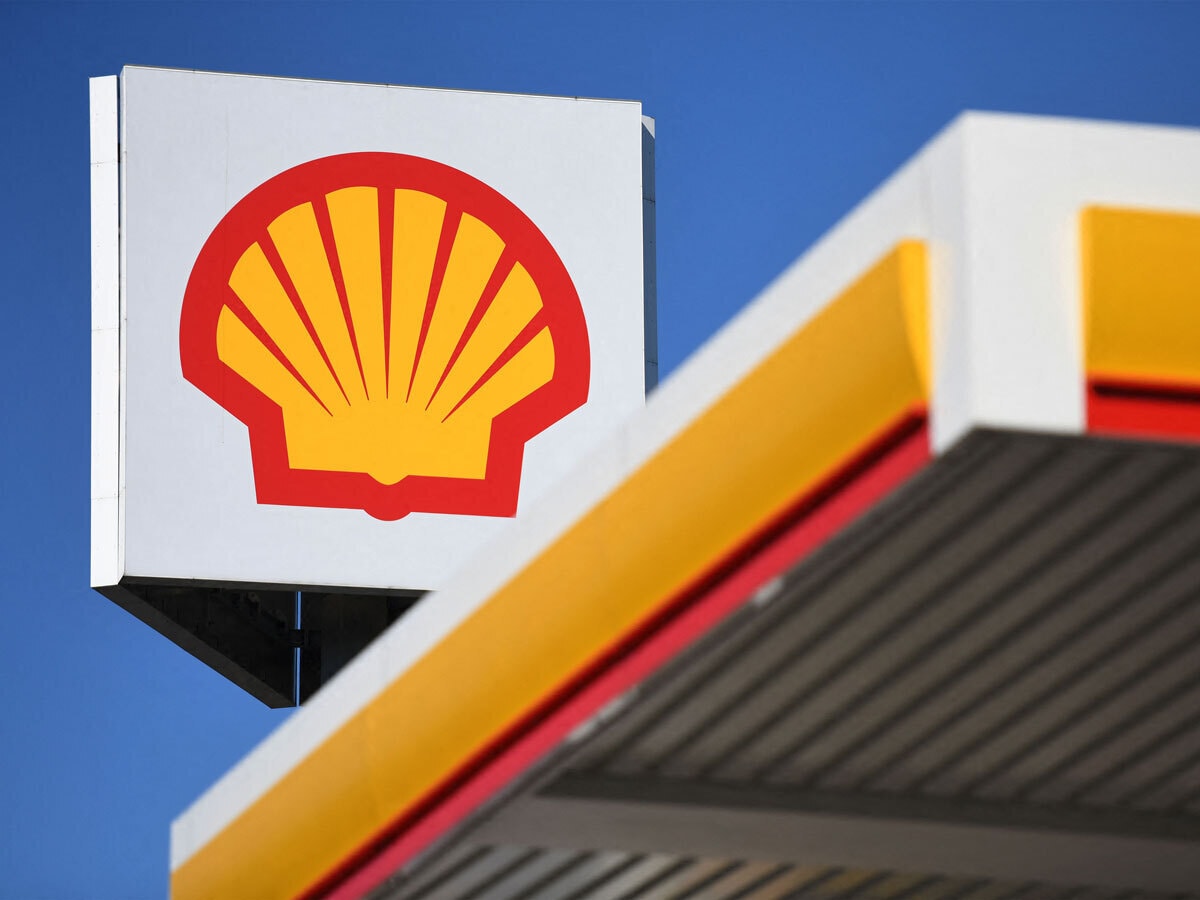
Shell’s share price has moved higher after reporting record profits for 2022.
Having been given a heads-up earlier this year that profits in its gas trading business were likely to be better than Q3 it is no surprise that today’s Shell Q4 numbers have beaten expectations, with adjusted profit coming in at $9.81bn, despite lower gas and oil prices over the course of the quarter.
This helped to push annual profits up to a record $39.87bn, over double the numbers returned in 2021, and comfortably beating the previous record set in 2008 of $28.4bn.
The integrated gas division performed the best during the quarter, with profits of $5.97bn, followed by the upstream business with $3.06bn. The renewables part of the business contributed $293m in profits to the Q4 numbers, down from $400m in Q3.
Shareholders will benefit from another $4bn of buybacks while the dividend is increased as expected by 15%.
For 2023 Shell says it expects to invest between $23bn and $27bn, while looking to integrate its oil and gas and LNG divisions as part of a broader effort to streamline the business. The renewables operation will be rolled into the oil refining and marketing operations and will take place from 1st July.
Inevitably today’s record profits will draw the usual ire from politicians looking to deflect the blame for the energy policy failures of the last 20 years, by actively encouraging the big oil companies not to invest in new capacity, while failing to plan for what would replace that lost capacity as oil and gas demand increased.
Going forward this means that oil and gas prices will continue to remain high, as will profits, until it is acknowledged that the only way to push prices down is to add new capacity in the short term, while transitioning to more sustainable sources of energy in the long term. Until this uncomfortable truth is confronted then the controversy over the oil and gas sectors big profits will continue.
Shell did set aside $1.9bn in its Q4 numbers in respect of provision for the EU solidarity contribution and the UK’s Energy Profits Levy, pushing total charges for the year to $2.3bn. When broken down into its component parts Shell paid a total of $802m for the year in respect of the UK windfall tax.
Shell is also under pressure from climate activists who have accused it of greenwashing, by including gas related activities in its renewable’s investment numbers, a charge the company has denied.
Disclaimer: CMC Markets is an execution-only service provider. The material (whether or not it states any opinions) is for general information purposes only, and does not take into account your personal circumstances or objectives. Nothing in this material is (or should be considered to be) financial, investment or other advice on which reliance should be placed. No opinion given in the material constitutes a recommendation by CMC Markets or the author that any particular investment, security, transaction or investment strategy is suitable for any specific person. The material has not been prepared in accordance with legal requirements designed to promote the independence of investment research. Although we are not specifically prevented from dealing before providing this material, we do not seek to take advantage of the material prior to its dissemination.























